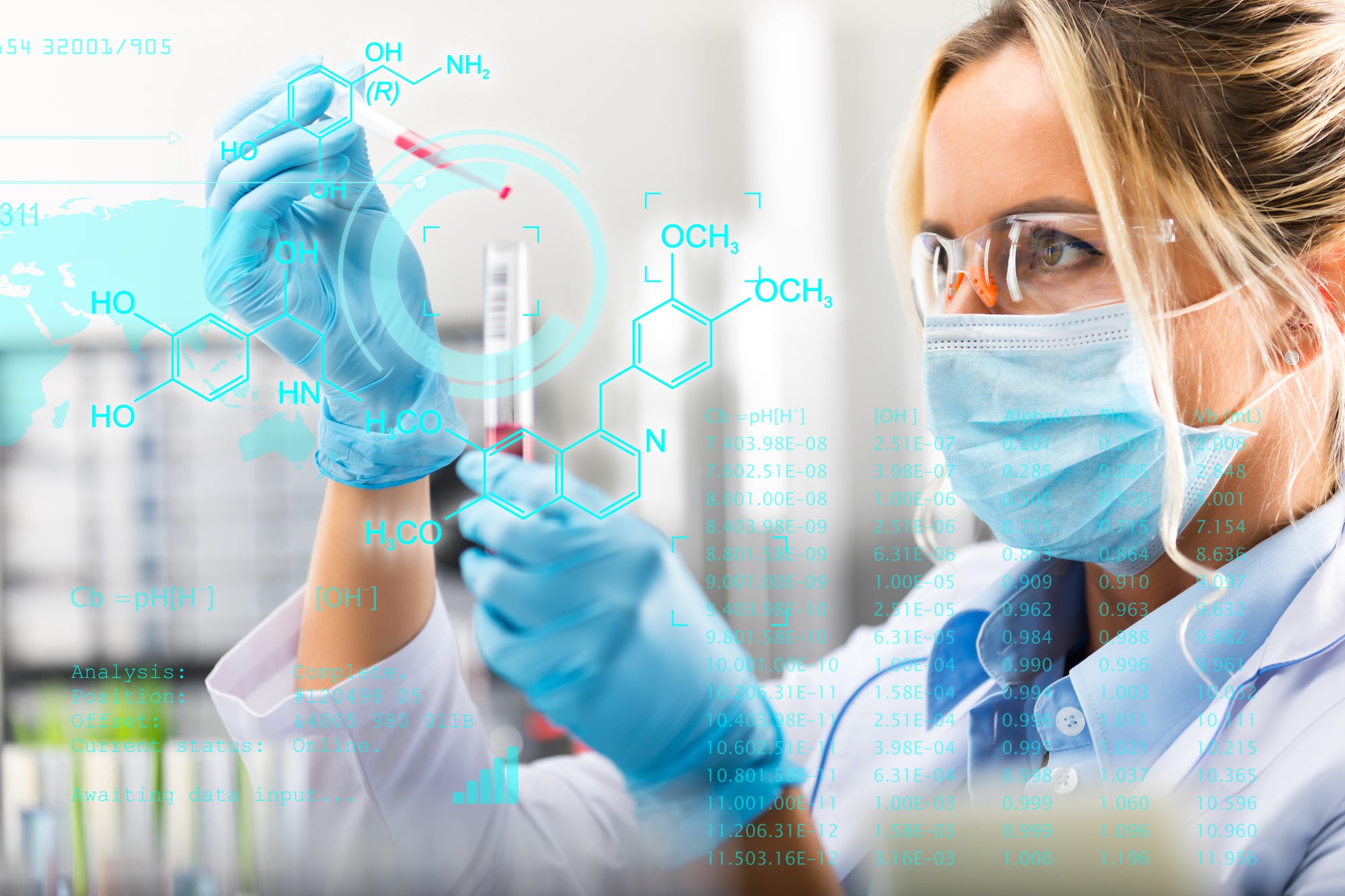What is Nutrigenomics?
August 20, 2019 – Doc Franklin

What is Nutrigenomics?
A New Era For Improving Human Health
Natural Biology is Working at Micro-Nutrition
 Natural Biology's all natural dietary supplements are based upon orthomolecular research pioneered by two-time Nobel Prize winner, Dr. Linus Pauling. Ortho-molecular seeks to restore the optimum ecological environment for your body's cells by correcting sub-clinical imbalances and vitamin deficiencies. This is accomplished using micronutrients with our freshly made pharmaceutical grade supplements. Included are natural vitamins, trace minerals, antioxidants, adaptogens, glyconutrients, phytonutrients, omega 3s, enzymes, amino acids, resveratrol, and Probiotics.
Natural Biology's all natural dietary supplements are based upon orthomolecular research pioneered by two-time Nobel Prize winner, Dr. Linus Pauling. Ortho-molecular seeks to restore the optimum ecological environment for your body's cells by correcting sub-clinical imbalances and vitamin deficiencies. This is accomplished using micronutrients with our freshly made pharmaceutical grade supplements. Included are natural vitamins, trace minerals, antioxidants, adaptogens, glyconutrients, phytonutrients, omega 3s, enzymes, amino acids, resveratrol, and Probiotics.
Definitions:
Genomics is the study of all of a person's genes (the genome), including interactions of those genes with each other and with the person's environment.
Metabolomics is the large-scale study of small molecules , commonly known as metabolites, within cells, biofluids, tissues or organisms. Collectively, these small molecules and their interactions within a biological system are known as the metabolome.
A proteome is a set of proteins produced in an organism, system, or biological context. ... Which proteins interact with a particular protein of interest (for example, the tumour suppressor protein p53)? ...
